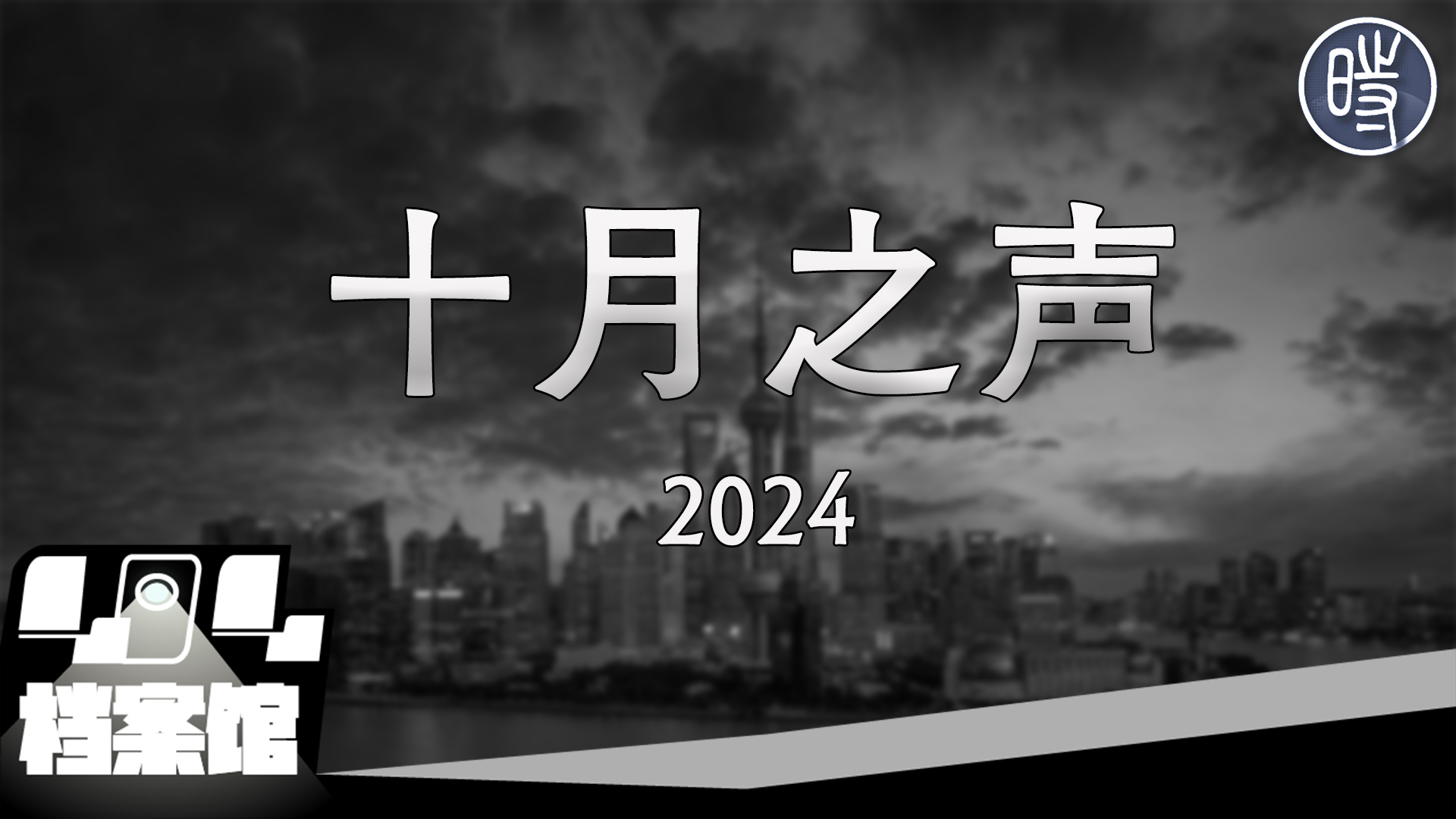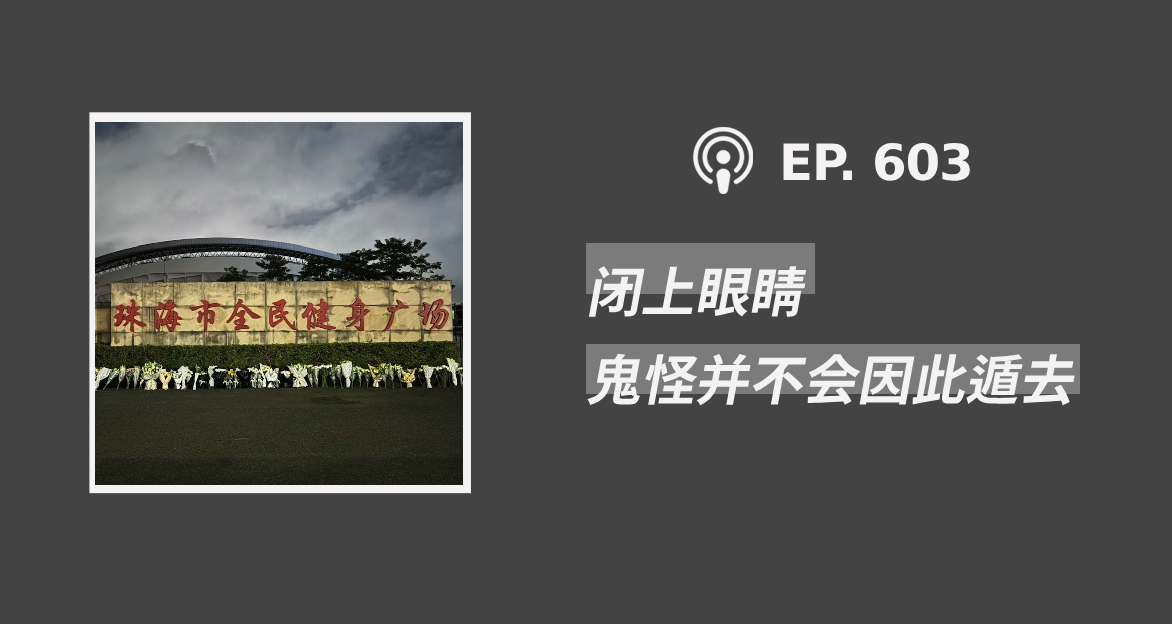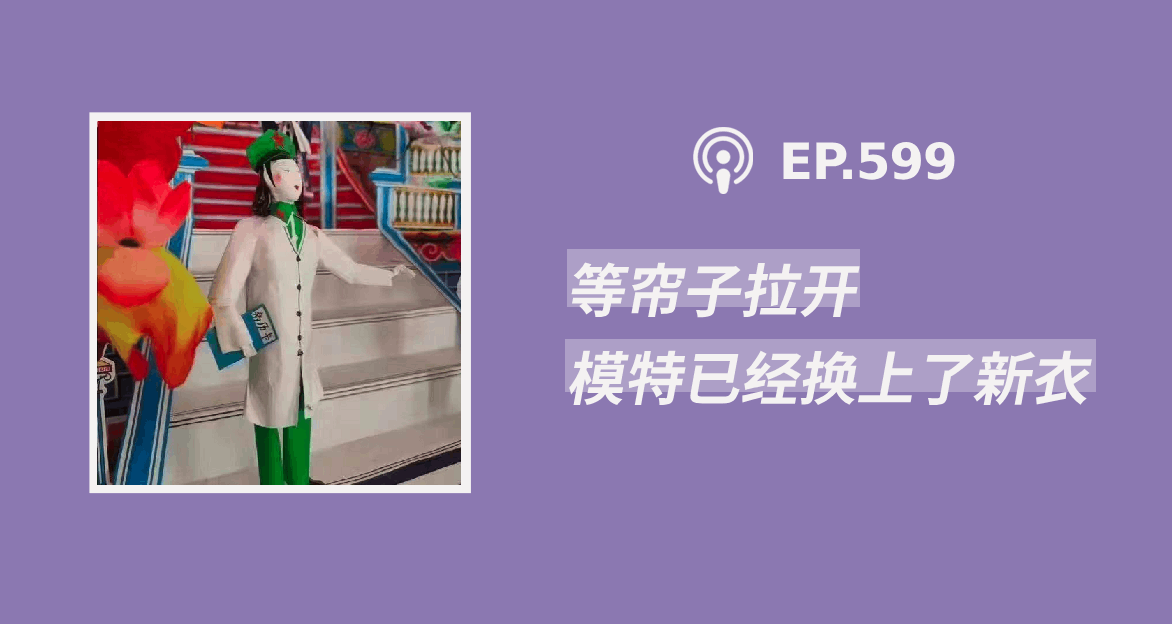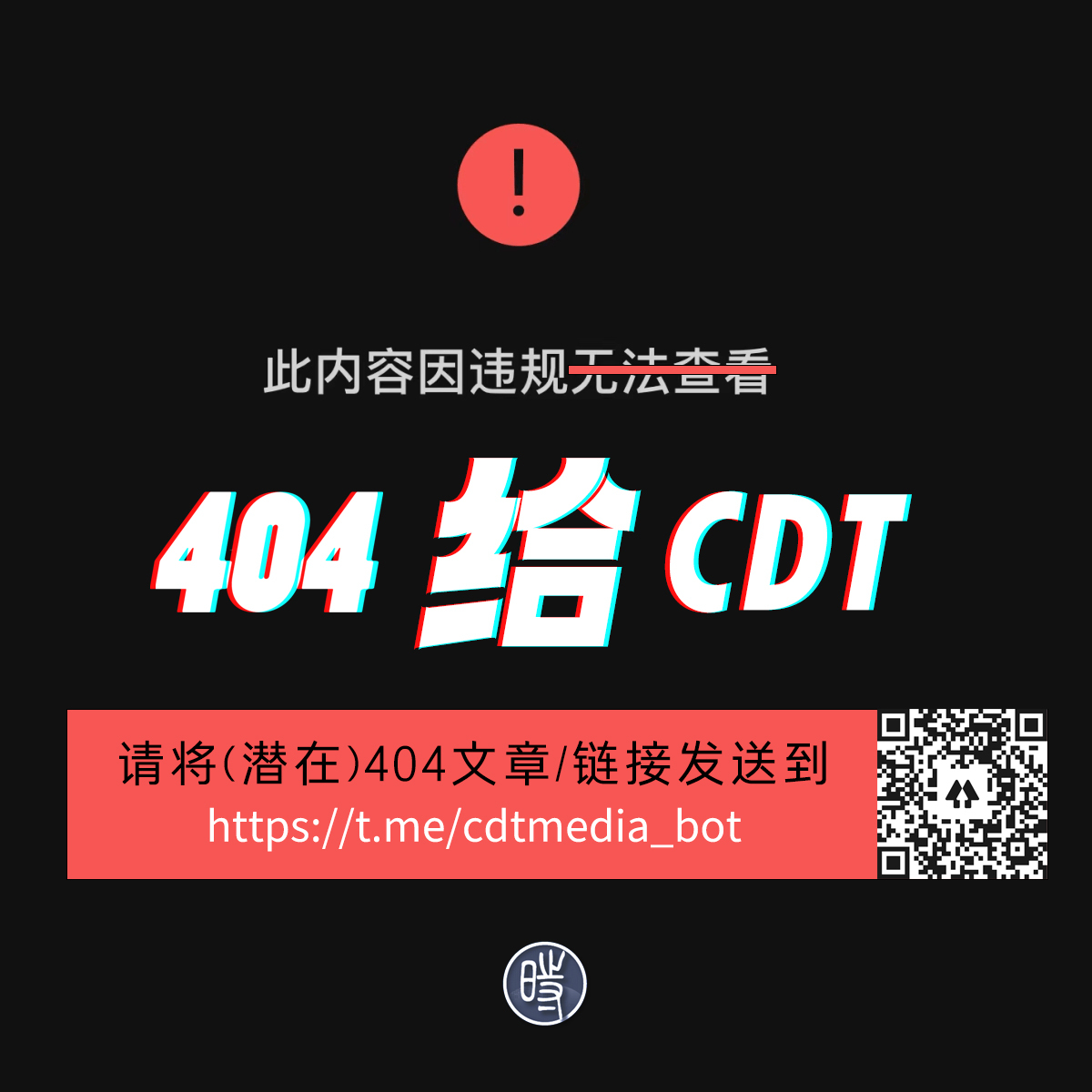中国人越来越富有了,但未必更幸福
幸福就是像这样地抱着一只毛茸茸的小猫咪
根据一些统计,全中国每天都有多达500次抗议事件发生。所有这些不禁使人担忧,单纯经济上的增长或许是不够的,政府迫切需要改进对国家日益增长财富的分配。
Money can’t buy me love
Chinese people are getting richer, but not necessarily happier
Jun 16th 2012 | BEIJING | from the print edition
“ADMIRABLE indeed” is how Confucius described a man who, though living in a mean, narrow street with only a single bamboo dish to eat from, “did not allow his joy to be affected.”
The relationship between happiness and wealth remains a concern for China’s rulers today. Their working assumption has long been that their grip on power depends on keeping people happy. And that, they reckon, depends on nothing so much as their continued ability to preside over rapid economic growth. They have managed this for decades, but in recent years inequality has grown more extreme and, despite plenty of success stories (see article), unrest is common. By some counts, as many as 500 protests occur every day across the country. All this has fed fears that economic growth alone might not be enough and that the government needs urgently to improve the distribution of the nation’s growing wealth.
Two recent academic studies suggest reality is rather more complicated. One of them, published in May, tracked how content a segment of mainly urban people said they were between 1990 and 2010, a period during which output and consumption per person increased at least fourfold. Researchers, led by Richard Easterlin of the University of Southern California, an eminent “happiness scholar”, wrote that China was ideal for testing expectations of a correlation between economic growth and well-being. But what they found was “no evidence of a marked increase in life satisfaction” to match the rise in prosperity during that period.
The other study—“Myth of the Social Volcano: Perceptions of Inequality and Distributive Injustice in Contemporary China”—was prepared by Martin Whyte of Harvard University. Based on national survey data, it found a surprisingly high tolerance of wealth disparity. The study was based on surveys conducted in 2004, but Mr Whyte said preliminary analysis of 2009 survey data showed that people had if anything become even more optimistic about their prospects. The proportion of respondents saying they expected their living standards to improve within five years rose from 62% in 2004 to 73% in 2009. “It is a mistake to think that rising income gaps are the main or even a primary source of popular discontent in China,” Mr Whyte says. It is, he adds, procedural injustices, abuses of power and the lack of recourse that make people angry enough to take to the streets.
Most migrant workers know first-hand what Mr Whyte is talking about. Lei Pengcai, 61, moved to Beijing last year from a small town in Hunan province and took work washing the dishes in a restaurant. His monthly wage is 1,400 yuan ($220), most of which he sends back home to his wife and family. Moving to Beijing has opened his eyes to the kind of wealth that some enjoy, but he sees income disparity as a fact of life. “I haven’t been, but isn’t there great inequality in America and England too?” he asks.
Mr Lei declares himself pleased with the past decade’s reduction in rural taxation; not too bothered by moderately rising prices of goods; and somewhat concerned that, although his basic health care is adequate, his coverage would not suffice if he were to suffer a severe illness or injury. But he is clear on the one thing that does make him unhappy: official corruption. In his hometown, official posts are handed out to friends or bought and sold. Once installed, he laments, officials can grab land, charge fines, and demand bribes under threat of closing down a business. They do whatever they want, he says, and the people cannot stop them.
Happiness and wealth: Money can’t buy me love | The Economist
== ALL RIGHTS RESERVED FOR THE ECONOMIST NEWSPAPER LIMITED ==
© prejudice for 新闻理想档案馆, 2012/06/19. | Permalink |收听敌台
Post tags: 经济学人
New:!我们建立了OMM人人小站!欢迎关注! | OMM通讯社@新浪微博 | OhMyMedia@Twitter | OMM通讯社@腾讯微博 | OMM通讯社@网易微博
加入我们,OMM通讯社志愿者招募!
本文由自动聚合程序取自网络,内容和观点不代表数字时代立场











